- Ten clinical trial sites across Japan and Taiwan are actively screening patients, with additional sites expected to also begin patient enrollment in the coming months
- U.S. clinical sites continue to actively screen and dose patients in both the LP-300 combination arm and the standard-of-care control arm of the Harmonic trial
- Non-small cell lung cancer (NSCLC) in never smokers occurs at rates 2 to 3 times higher in East Asian countries versus the US and Europe.
Lantern Pharma Announces First Patient Dosed in Japan for The Expansion Cohort in The Phase 2 HARMONIC™ Clinical Trial of LP-300 in Never-Smoker NSCLC Patients
Investor Relations
ir@lanternpharma.com
(972) 277-1136
Lantern Pharma Inc. (NASDAQ: LTRN), an artificial intelligence (AI) company developing targeted cancer therapies using its proprietary RADR® AI platform, today announced that the first patient has been dosed – as part of the expansion cohort – in Japan for its Phase 2 HARMONIC™ clinical trial evaluating LP-300 in never-smoker patients with non-small cell lung cancer (NSCLC) who have progressed after receiving treatment with tyrosine kinase inhibitors (TKIs).
The dosing of the first patient in Japan marks a significant expansion of the HARMONIC™ trial into Asia, where there is a notably higher prevalence of never-smoker NSCLC patients compared to Western populations. The trial is being conducted at five sites across Japan, including the National Cancer Center Japan under the leadership of Dr. Yasushi Goto, a renowned physician-researcher focused on lung cancer.
"The initiation of patient dosing in Japan is a significant milestone for the HARMONIC™ trial and our mission to develop LP-300 as a potential new treatment option for never-smoker NSCLC patients," said Panna Sharma, President and CEO of Lantern Pharma. "Japan and other Asian countries have a significantly higher proportion of never-smokers among NSCLC patients, with estimates suggesting that 33-40% of new lung cancer cases in Japan occur in never-smokers. This expansion allows us to accelerate enrollment while addressing a critical unmet need in a region where this disease has a particularly high impact."
Dr. Reggie Ewesuedo, VP of Clinical Development at Lantern Pharma commented, "This marks the achievement of a significant milestone for the Harmonic Trial. It is the beginning of an anticipated acceleration in enrollment following activation of sites in Japan as well as active screening of patients across sites in Taiwan. We are encouraged by the high level of interest from our clinical partners in Asia in this unique trial aimed at improving survival among never-smokers with lung cancer after relapsing from tyrosine kinase inhibitor-based treatment regimens."
The expansion into Japan and Taiwan follows encouraging preliminary results from the U.S. trial's initial safety lead-in cohort, which demonstrated an 86% clinical benefit rate and 43% objective response rate among the first seven patients. The HARMONIC™ trial is evaluating LP-300 in combination with carboplatin and pemetrexed in never-smoker NSCLC patients who have recurrent NSCLC and have stopped responding to tyrosine kinase inhibitor (TKI) based therapies.
ABOUT THE HARMONIC™ TRIAL
The HARMONIC™ trial is a multicenter, open-label, randomized Phase 2 trial designed to evaluate the efficacy and safety of LP-300 in combination with standard-of-care chemotherapy (pemetrexed/carboplatin) versus chemotherapy alone. The trial is expected to enroll approximately 90 patients across sites in the United States and Asia. The primary endpoints are progression-free survival (PFS) and overall survival (OS).
ABOUT LANTERN PHARMA
Lantern Pharma (NASDAQ: LTRN) is an AI company transforming the cost, pace, and timeline of oncology drug discovery and development. Our proprietary AI and machine learning (ML) platform, RADR®, leverages billions of oncology-focused data points and a library of 200+ advanced ML algorithms to help solve billion-dollar, real-world problems in oncology drug development. By harnessing the power of AI and with input from world-class scientific advisors and collaborators, we have accelerated the development of our growing pipeline of therapies that span multiple cancer indications, including both solid tumors and blood cancers and an antibody-drug conjugate (ADC) program. On average, our newly developed drug programs have been advanced from initial AI insights to first-in-human clinical trials in 2-3 years and at approximately $1.0 - 2.5 million per program.
Our lead development programs include a Phase 2 clinical program and multiple Phase 1 clinical trials. We have also established a wholly-owned subsidiary, Starlight Therapeutics, to focus exclusively on the clinical execution of our promising therapies for CNS and brain cancers, many of which have no effective treatment options. Our AI-driven pipeline of innovative product candidates is estimated to have a combined annual market potential of over $15 billion USD and have the potential to provide life-changing therapies to hundreds of thousands of cancer patients across the world.
Please find more information at:
- Website: www.lanternpharma.com
- Harmonic Trial: www.harmonictrial.com
- LinkedIn: https://www.linkedin.com/company/lanternpharma/
- X: @lanternpharma
FORWARD LOOKING STATEMENT:
This press release contains forward-looking statements within the meaning of Section 27A of the Securities Act of 1933, as amended, and Section 21E of the Securities Exchange Act of 1934, as amended. These forward-looking statements include, among other things, statements relating to: future events or our future financial performance; the potential advantages of our RADR® platform in identifying drug candidates and patient populations that are likely to respond to a drug candidate; our strategic plans to advance the development of our drug candidates and antibody drug conjugate (ADC) development program; estimates regarding the development timing for our drug candidates and ADC development program; expectations and estimates regarding clinical trial timing and patient enrollment; our research and development efforts of our internal drug discovery programs and the utilization of our RADR® platform to streamline the drug development process; our intention to leverage artificial intelligence, machine learning and genomic data to streamline and transform the pace, risk and cost of oncology drug discovery and development and to identify patient populations that would likely respond to a drug candidate; estimates regarding patient populations, potential markets and potential market sizes; sales estimates for our drug candidates and our plans to discover and develop drug candidates and to maximize their commercial potential by advancing such drug candidates ourselves or in collaboration with others. Any statements that are not statements of historical fact (including, without limitation, statements that use words such as "anticipate," "believe," "contemplate," "could," "estimate," "expect," "intend," "seek," "may," "might," "plan," "potential," "predict," "project," "target," “model,” "objective," "aim," "upcoming," "should," "will," "would," or the negative of these words or other similar expressions) should be considered forward-looking statements. There are a number of important factors that could cause our actual results to differ materially from those indicated by the forward-looking statements, such as (i) the risk that our research and the research of our collaborators may not be successful, (ii) the risk that observations in preclinical studies and early or preliminary observations in clinical studies do not ensure that later observations, studies and development will be consistent or successful, (iii) the risk that we may not be able to secure sufficient future funding when needed and as required to advance and support our existing and planned clinical trials and operations, (iv) the risk that we may not be successful in licensing potential candidates or in completing potential partnerships and collaborations, (v) the risk that none of our product candidates has received FDA marketing approval, and we may not be able to successfully initiate, conduct, or conclude clinical testing for or obtain marketing approval for our product candidates, (vi) the risk that no drug product based on our proprietary RADR® AI platform has received FDA marketing approval or otherwise been incorporated into a commercial product, and (vii) those other factors set forth in the Risk Factors section in our Annual Report on Form 10-K for the year ended December 31, 2023, filed with the Securities and Exchange Commission on March 18, 2024. You may access our Annual Report on Form 10-K for the year ended December 31, 2023 under the investor SEC filings tab of our website at www.lanternpharma.com or on the SEC's website at www.sec.gov. Given these risks and uncertainties, we can give no assurances that our forward-looking statements will prove to be accurate, or that any other results or events projected or contemplated by our forward-looking statements will in fact occur, and we caution investors not to place undue reliance on these statements. All forward-looking statements in this press release represent our judgment as of the date hereof, and, except as otherwise required by law, we disclaim any obligation to update any forward-looking statements to conform the statement to actual results or changes in our expectations.
View source version on businesswire.com: https://www.businesswire.com/news/home/20241119146035/en/

 Business wire
Business wire 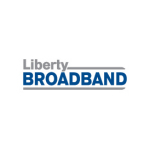
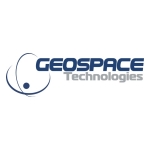
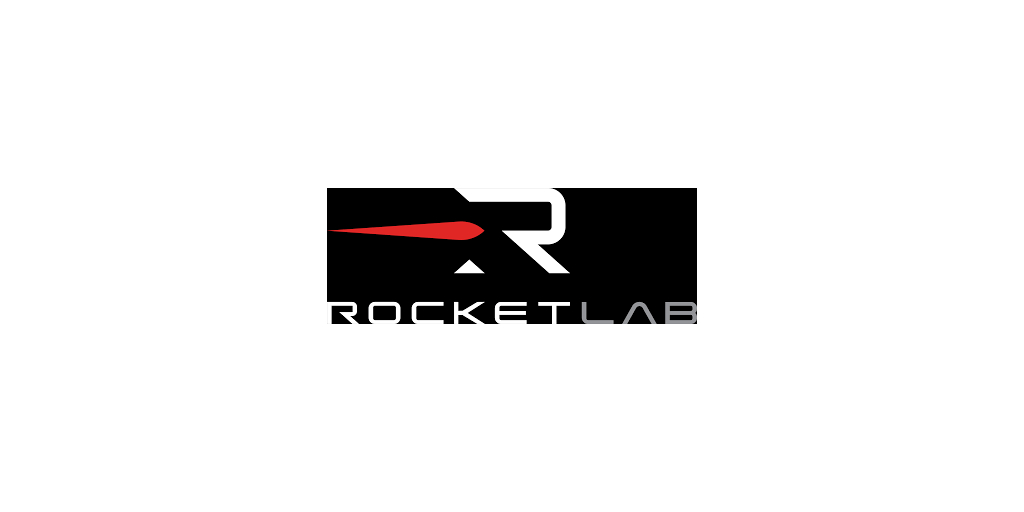
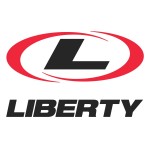
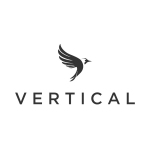
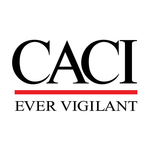
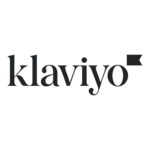
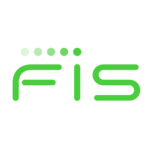
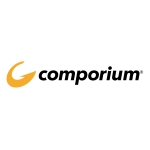
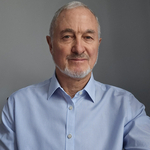
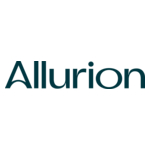
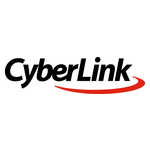
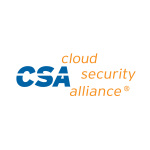
Add Comment